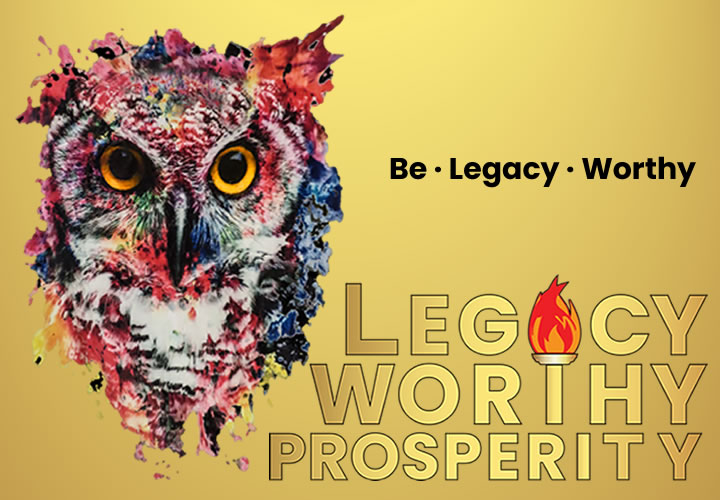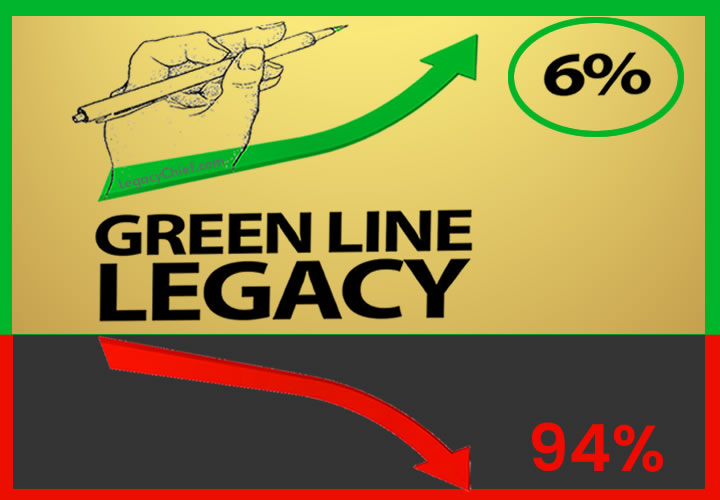The Cognitive Age: AI, LLM, and THINKING
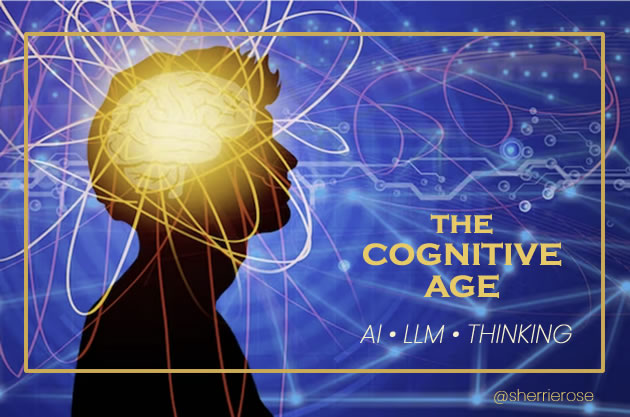
The Cognitive Age: AI, LLM, and THINKING
The cognitive age marks a distinctive shift, where the convergence of artificial intelligence (AI) and large language models (LLMs) not only enhance our “thinking” capabilities but also presents significant opportunity for self-actualization or self-fulfillment.
Self-actualization is a concept in psychology that refers to the realization and fulfillment of one’s talents, potential, and capabilities. Self-actualization aka personal fulfillment represents the process of becoming the most that one can be, both personally and professionally, and achieving a sense of purpose, authenticity, and fulfillment in life. This concept is often associated with Abraham Maslow’s hierarchy of needs, where self-actualization is the highest level of psychological development. It involves pursuing personal growth, realizing individual potential, and striving for a meaningful and purposeful existence.
The ability of AI and LLMs to function as mirrors reflects our intellectual and creative potential, which is at the core of this transformation. These cognitive tools uniquely interact with us on a personal level, contributing not only to enhanced intellectual capabilities but also fostering avenues for personal fulfillment. Modern dialogues take place within the expansive dimensions of our cognitive and creative landscapes, drawing from the vast corpus of human knowledge to enrich our understanding and realization of individual potential aka personal fulfillment.
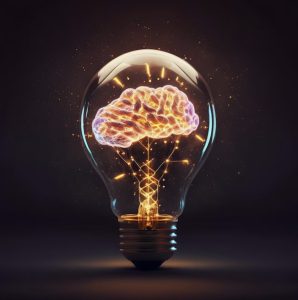
Cognitive Age (21st century onward):
- Increasing emphasis on artificial intelligence and cognitive technologies.
- Exploration of human-machine collaboration for enhanced problem-solving and creativity.
Post-Industrial Age (late 20th century to present):
- Focus on services and information-based economies.
- Advancements in biotechnology, nanotechnology, and renewable energy.
Information Age (20th century):
- Invention of computers and the internet.
- Rapid development of telecommunications and digital technologies.
Industrial Revolution (18th to 19th century):
- Mechanization of production processes.
- Growth of factories and urbanization.
- Advancements in transportation and communication.
Age of Exploration (15th to 17th century):
- Voyages of discovery by European explorers.
- Columbian Exchange, leading to global trade and cultural exchange.
Renaissance (14th to 17th century):
- Revival of interest in classical art, literature, and learning.
- Advances in science, including the heliocentric model by Copernicus and Galileo.
Middle Ages (500 CE to 1500 CE):
- Growth of feudal societies.
- Flourishing of medieval art, architecture, and philosophy.
- Rise of Islamic civilizations in the Middle East.
Iron Age (1200 BCE to 500 BCE):
- Widespread use of iron tools and weapons.
- Formation of classical civilizations, including Ancient Greece and Rome.
Bronze Age (3300 BCE to 1200 BCE):
- Invention of bronze tools and weapons.
- Rise of early civilizations like Mesopotamia, Egypt, and the Indus Valley.
Stone Age (2.5 million years ago to 3300 BCE):
- Development of tools and weapons from stone, bone, and wood.
- Emergence of basic agriculture and animal domestication.
Language Evolution and Personal Fulfillment
As civilizations formed, ancient languages evolved, and writing systems emerged. Cuneiform, one of the earliest known writing systems, developed in ancient Mesopotamia around 3500 BCE. This system was used to write various languages like Sumerian and Akkadian. Additionally, hieroglyphics, the writing system of ancient Egypt, was in use around the same period. Moving forward in time, Aramaic, an ancient Semitic language, and precursor to Hebrew, gained prominence as a lingua franca in the ancient Near East. Aramaic, was widely used across various empires and cultures, including the Neo-Assyrian and Neo-Babylonian empires. These ancient languages, along with their associated writing systems like cuneiform and hieroglyphics, played pivotal roles in the development of human communication and laid the foundations for the diverse linguistic landscapes we observe today.
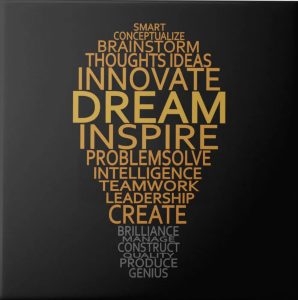
Language and communication play significant roles in facilitating personal fulfillment aka self-actualization in several ways:
Self-Expression: Language allows individuals to express their thoughts, feelings, and experiences. Through verbal communication, people can articulate their innermost thoughts, desires, and aspirations, which is essential for self-awareness and understanding.
Reflection and Insight: Engaging in communication, whether through self-talk or with others, encourages reflection and introspection. It provides opportunities for individuals to contemplate their beliefs, values, and goals, leading to deeper self-awareness and insight into their identity and purpose.
Social Connection: Communication enables individuals to connect with others, fostering a sense of belonging and social support. Meaningful relationships and interactions contribute to feelings of fulfillment and well-being. Sharing experiences, receiving feedback, and offering support through language can validate one’s identity and contribute to personal growth.
Learning and Growth: Language serves as a tool for learning and acquiring knowledge. Through reading, listening, and engaging in conversations, individuals gain new perspectives, expand their understanding of themselves and the world, and acquire skills that contribute to personal development and fulfillment.
Goal Setting and Achievement: Effective communication skills are essential for setting and achieving personal goals. By clearly articulating their intentions, discussing plans with others, and seeking guidance when needed, individuals can take concrete steps toward realizing their aspirations and fulfilling their potential.
Emotional Regulation: Language allows individuals to label and express their emotions, which is crucial for emotional regulation and well-being. Communicating feelings helps individuals understand and cope with their emotions, leading to greater emotional resilience and self-acceptance.
Narrative Construction: Language enables individuals to construct narratives about their lives, shaping their sense of self and identity. By telling stories about past experiences, future aspirations, and personal values, individuals create meaning and coherence in their lives, contributing to a sense of fulfillment and purpose.
Language and communication serve as powerful tools for self-actualization and personal fulfillment by facilitating self-expression, reflection, social connection, learning, goal achievement, emotional regulation, and narrative construction.
Beyond Intelligence: The Evolution from Cognitive Enhancement to Emotional Fulfillment with AI and LLMs
The integration of AI and LLMs into our personal and professional lives extends beyond merely boosting intelligence or automating tasks; it’s about cultivating a new dimension of human-machine symbiosis that enhances both our emotional and intellectual well-being. This synergy surpasses the routine exchange of information or task execution; it creates a space where technology serves as a catalyst for personal growth and self-discovery.
Consider the profound impact of these technologies in professional fulfillment. A recent study examining the role of generative AI in professional settings not only reported significant gains in productivity and output quality but also highlighted a marked increase in job satisfaction and self-efficacy among participants. This shift towards cognitive democratization isn’t solely about leveling the professional playing field; it’s about unlocking a realm where individuals are empowered to explore their unique capabilities and interests, guided by the nonjudgmental and exceptionally patient nature of AI.
Nurturing the Human Spirit: Technology as a Catalyst for Joy and Self-Fulfillment
In this evolving era, technology offers more than mere efficiency tools; it emerges as a wellspring of joy and engagement, often overshadowed by the pragmatic applications of AI. As we navigate the intricacies of the modern world, the capacity of AI and LLMs to act as partners in our intellectual and creative journeys provides a refreshing counterbalance to the often times overwhelming nature of contemporary life.
This collaborative venture with AI encourages us to redefine our connection with technology, viewing it not merely as a means to an end but as a companion in our pursuit of self-actualization. Abraham Maslow’s hierarchy of needs serves as a valuable framework in understanding the transformative potential of AI. As our basic and cognitive needs find fulfillment through technological advancements, we gain the freedom to ascend toward the summit of Maslow’s pyramid: self-actualization. In this realm, AI and LLMs play a pivotal role, not in providing ready-made answers, but in challenging us to pose more insightful questions, explore uncharted territories of our intellect and creativity, and ultimately discover joy in the pursuit of our fullest potential.
Empowering Minds: The Road to Self-Actualization with AI and LLMs
Both AI and LLMs can be instruments for self-actualization. This transformative road urges us to discard preconceived views of technology as a mere task facilitator and encourages us to perceive it as an active partner in our personal and professional growth. Success in this era transcends conventional metrics and benchmarks; it is measured by the profoundness of our engagement with these tools and the joy they infuse into our lives as we learn and grow.
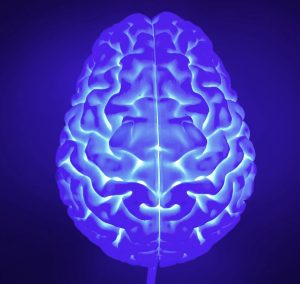
Ideas added to and sourced from and revised with AI
See also here
P.S. The “other” cognitive age definition from Science Direct
Cognitive age is comprised of four dimensions of age perception: (1) how old an individual feels, (2) how old an individual looks; (3) how an individual does things favored by members of a certain age group; (4) how similar an individual’s interests are to members of a certain age group
P.P.S.
P.P.P.S.
David Brooks, 2008, The Cognitive Age prizes human capital – talent, training and experience … We’re moving into a more demanding cognitive age. In order to thrive, people are compelled to become better at absorbing, processing and combining information…


